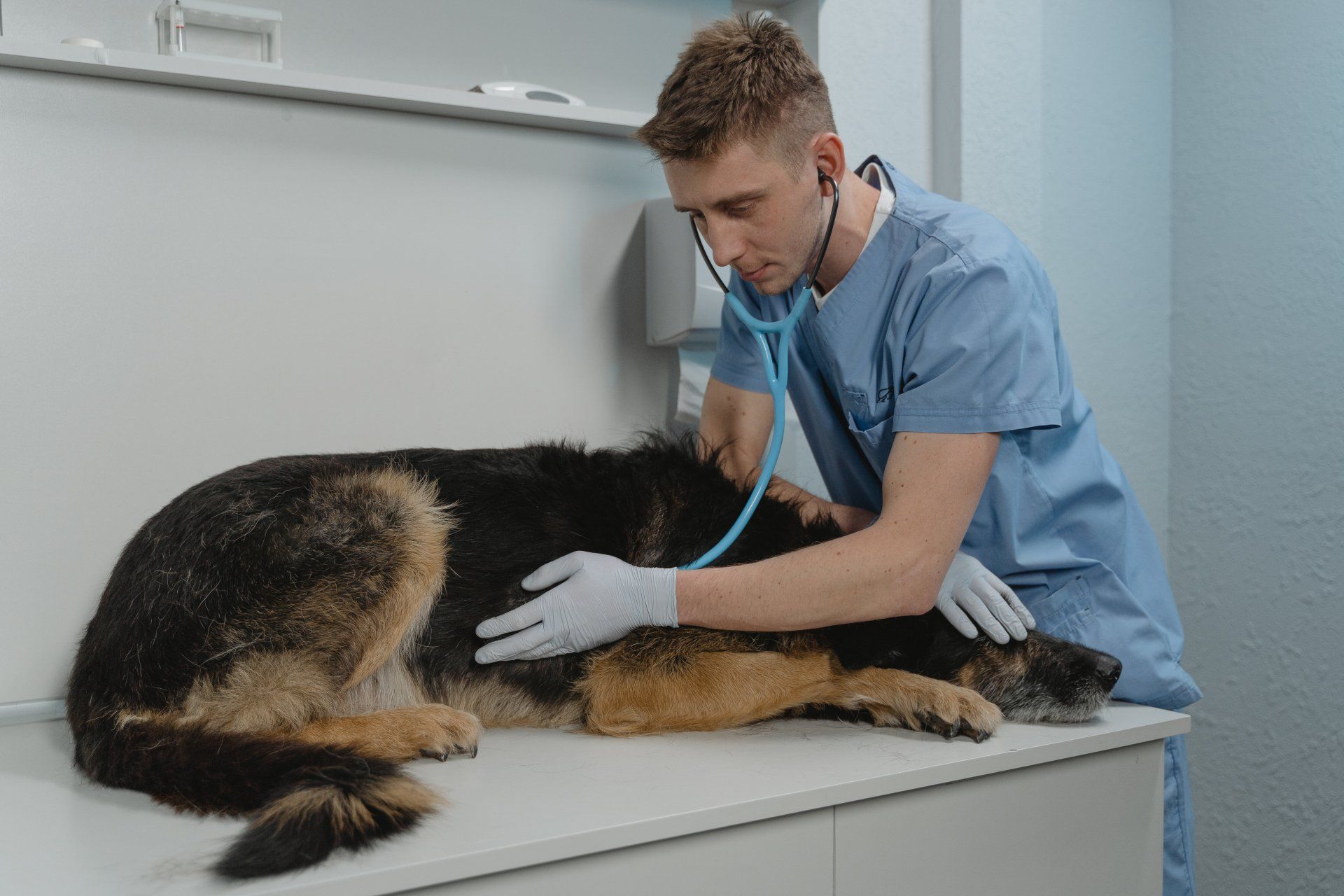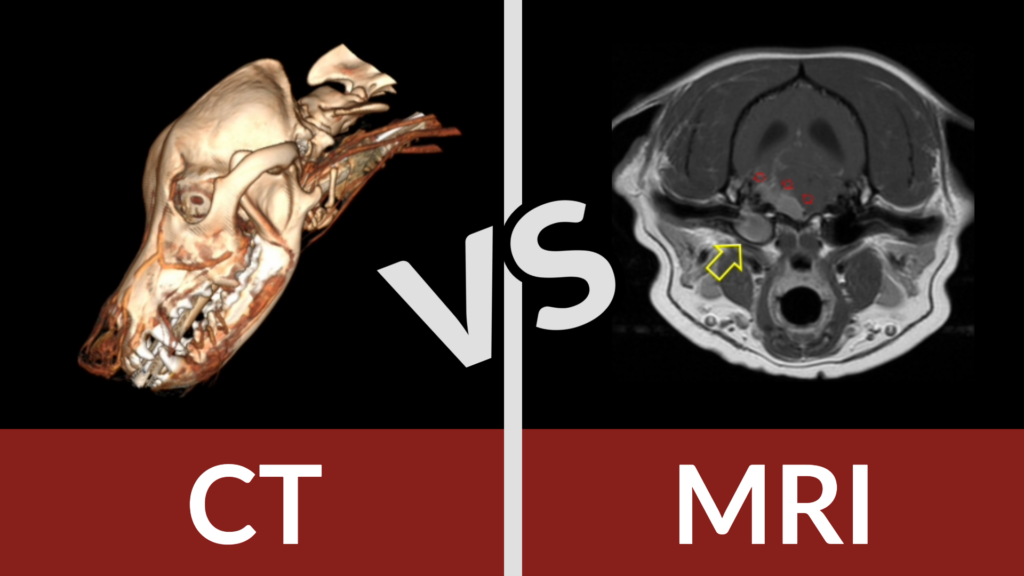Putting Employees’ Happiness at the Forefront
People rarely (if ever) go into the veterinary industry without having a true passion for it. You may even remember the specific moment when you decided to have a career in veterinary medicine. Maybe it was when you got your first puppy, your first time riding a horse on a farm, meeting a pet in need or simply a nondescript moment when you realized that working with animals was your calling.
The veterinary industry offers exciting and rewarding opportunities for doctors, veterinary technicians, support staff and practice managers alike who get the chance to care for animals.
Even if that passion never wanes, throughout their career, individuals may find that their aspirations or interests change. Perhaps they discover they want to explore different types of services like caring for exotic pets, performing more extensive surgeries, or adding acupuncture to their practice. Maybe they have new priorities in life that require more of their time. Or, perhaps they simply want to slow down a bit.
Most organizations will offer standard support such as opportunities for continued education or mentorship programs. But life isn’t always so linear. It typically can’t be squeezed into a one-size-fits-all box, and employees can find themselves stuck in a situation that leaves them feeling less than fulfilled, or perhaps worse, burned out.
Create A Better Way to Work
In order to foster a healthy environment and attract and retain team members, it’s important to acknowledge (and celebrate) the varied, ever-changing nature of personal and professional lives, and how they are interwoven. You need to support employees inside and outside the workplace, throughout all stages of their lives.
At VetEvolve, we know from experience that our team members’ career objectives may change over time and what makes them happy today may not be the same thing that will make them happy two, five or 10 years from now. This is especially true for 88.3% of our team members who identify as women, many of whom have started families and need extra grace and accommodation through pregnancy and early parenthood.
Careers are Personal Journeys
A career shouldn’t negatively impact someone’s life outside of work. Instead, it’s possible to tailor each employee’s path to their individual needs while maintaining a productive practice. To do so, approach relationships with employees as a partnership, committing to having open, honest and ongoing conversations starting with the first interview and every single meeting afterward. Each employment arrangement can be customized and flexible as time goes on.
Here are some of the ways you can support your employees through life’s changes:
- Pregnancy Support and Parental Leave: Support pregnant employees and arrange schedules during pregnancy to make sure they can attend doctor’s appointments, parenting classes and lab tests. Consider offering parental leave for new parents.
- Flexible Return to Work Schedules: New parents sometimes expect that they will return to work full time, but then after parental leave, they may realize they may want to adjust their schedule to spend more time with their new baby. Consider offering flexible return to work options customized to their needs.
- School Aged Children — After School and Summertime Schedules: As kids get older, parents have a different set of needs, including adjusted schedules for picking up kids after school or making sure they get to extracurricular programs on time. Summer is a whole different animal, often with childcare challenges, camps and vacations thrown in the mix. It can be beneficial to offer shorter days or the option to work a part-time schedule as options for managing kids’ ever-changing itineraries.
- Leave of Absence: Consider allowing team members who want or need to take a leave of absence to do so. Leaves can be for a variety of reasons, including pursuit of an opportunity within their field, such as going to Africa to study cheetahs, for example. It could also be for medical issues that require longer treatment and/or recovery time.
- Caring for Family Members: Employees are often caregivers, either for their children or for elderly parents, grandparents or other family members. Help take some of the burden off by adjusting schedules as needed to take family members to doctors’ appointments, physical therapy, or other treatment programs.
- Permanent Part-Time Position: Consider offering permanent part-time positions, with benefits, to help employees keep their lives balanced.
How To Do It
Flexible, customized career paths can be possible through proactive communication with your employees. Conversations can happen whenever, and as often as necessary, to make sure each person is comfortable with their arrangement.
At VetEvolve, we don’t wait for contract renewal meetings to discuss our employees’ happiness. If there’s a change that we can accommodate, we look to make that change in a thoughtful way with proper planning so that everyone wins. And the benefit to us is not only knowing our staff is getting the support they need, but we also know that happy people are more productive and motivated to do better work.
By strategically and thoughtfully putting your team members’ happiness inside and outside of work at the forefront, not only will you can create a fun, meaningful and supportive environment, you’ll also reap the rewards that come with having a happy workforce. Several studies have shown that happier employees are much more likely to stay with your organization longer and be more productive. That means a happier staff makes for a happier, healthier organization overall.
About the Author
Jessica DeCesare, Chief People Officer at VetEvolve, has spent the past 22 years providing valuable, consultative practice management solutions across a broad range of unique veterinary practices within the U.S. Since joining VetEvolve as Director of Operations in 2016, Jessica has worked intimately with practice teams using her hands-on management experience, proven ability to mentor and develop leaders, and a relatable and collaborative service-focused approach to help them achieve their maximum potential She is a Certified Veterinary Practice Manager, member of the Veterinary Hospital Manager Association, International Veterinary Emergency and Critical Care Society, and the Society of Human Resource Management.
The post Putting Employees’ Happiness at the Forefront appeared first on MDVMA.











